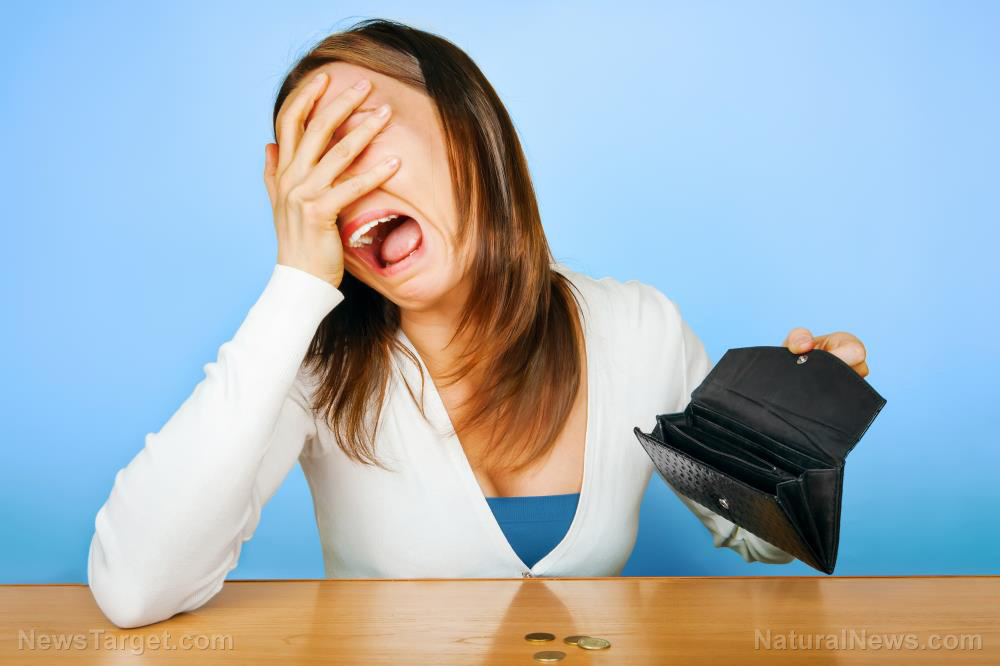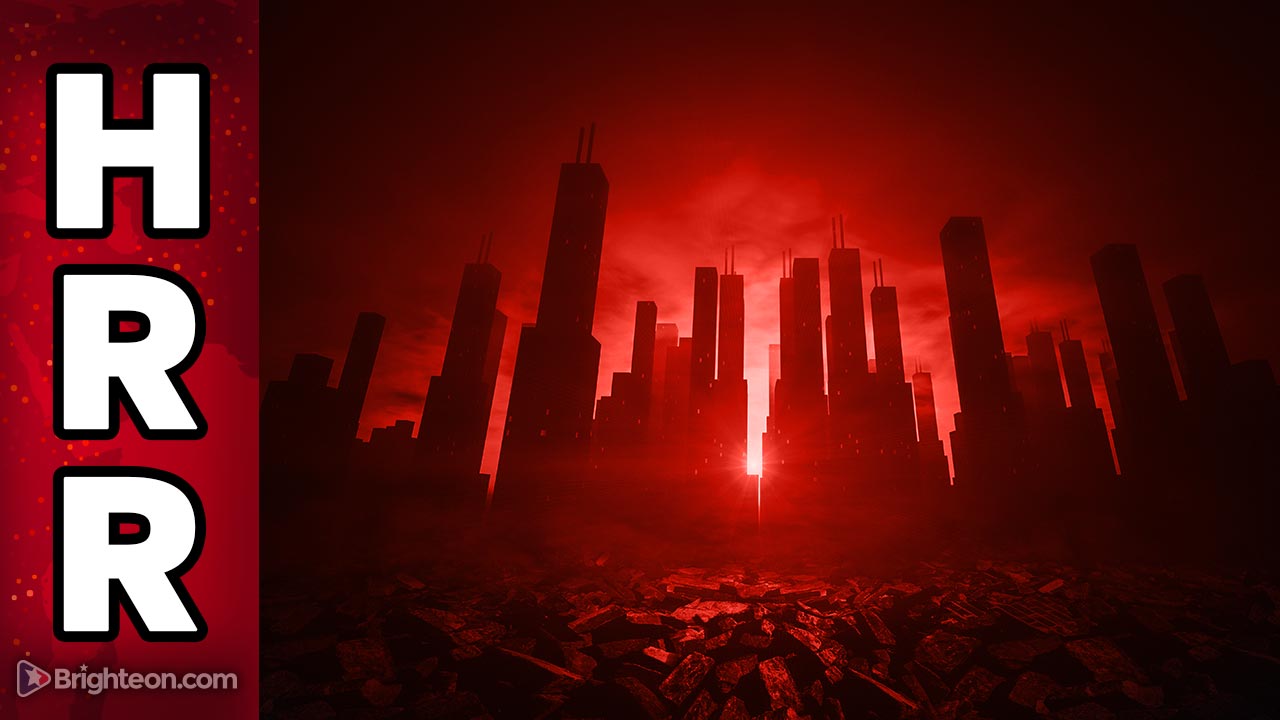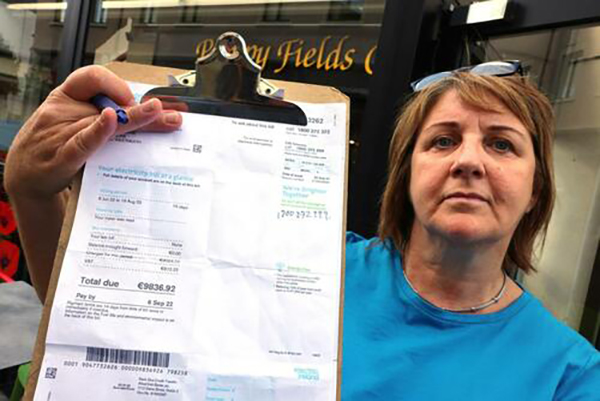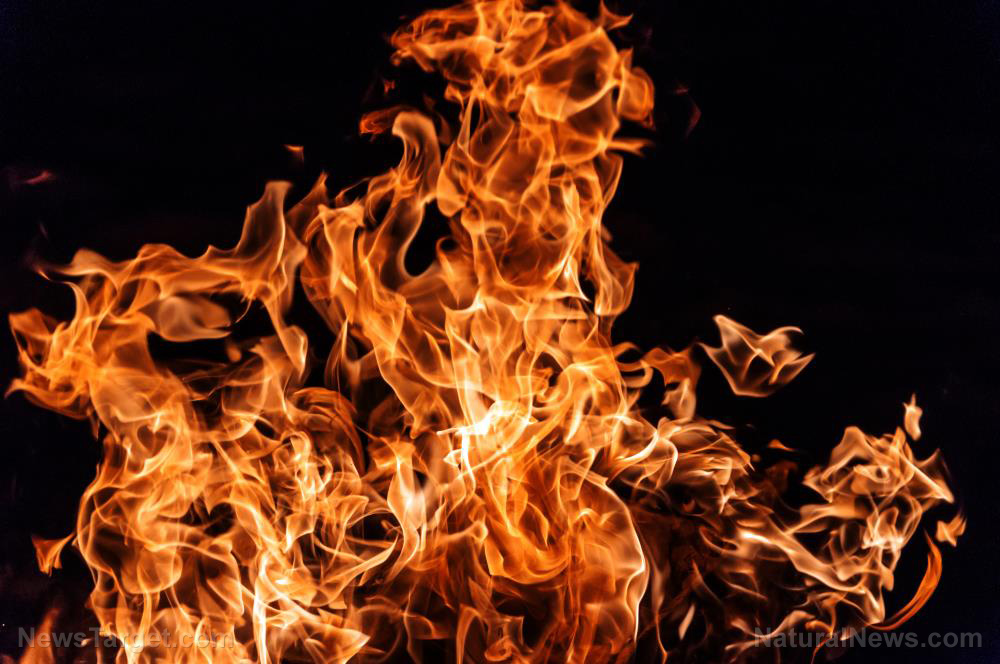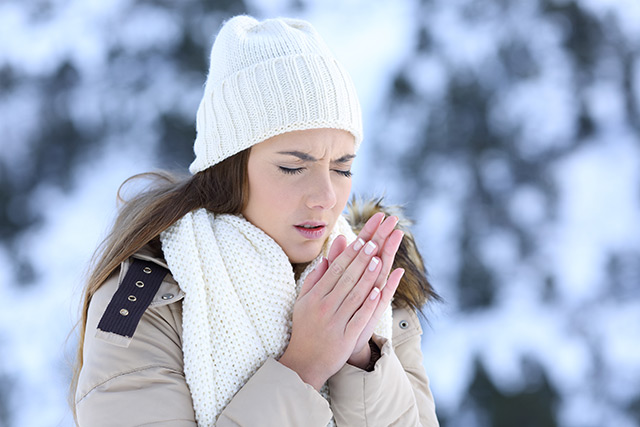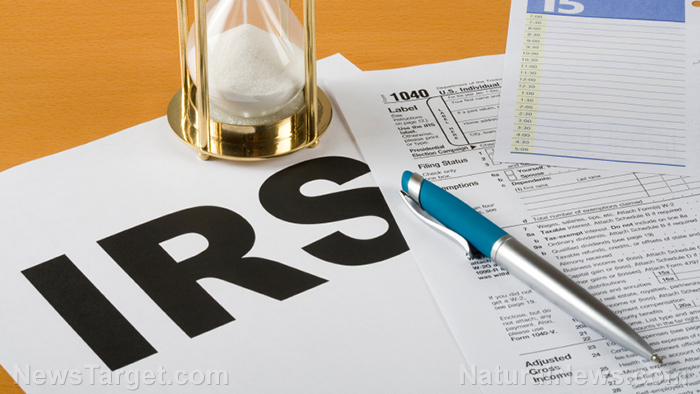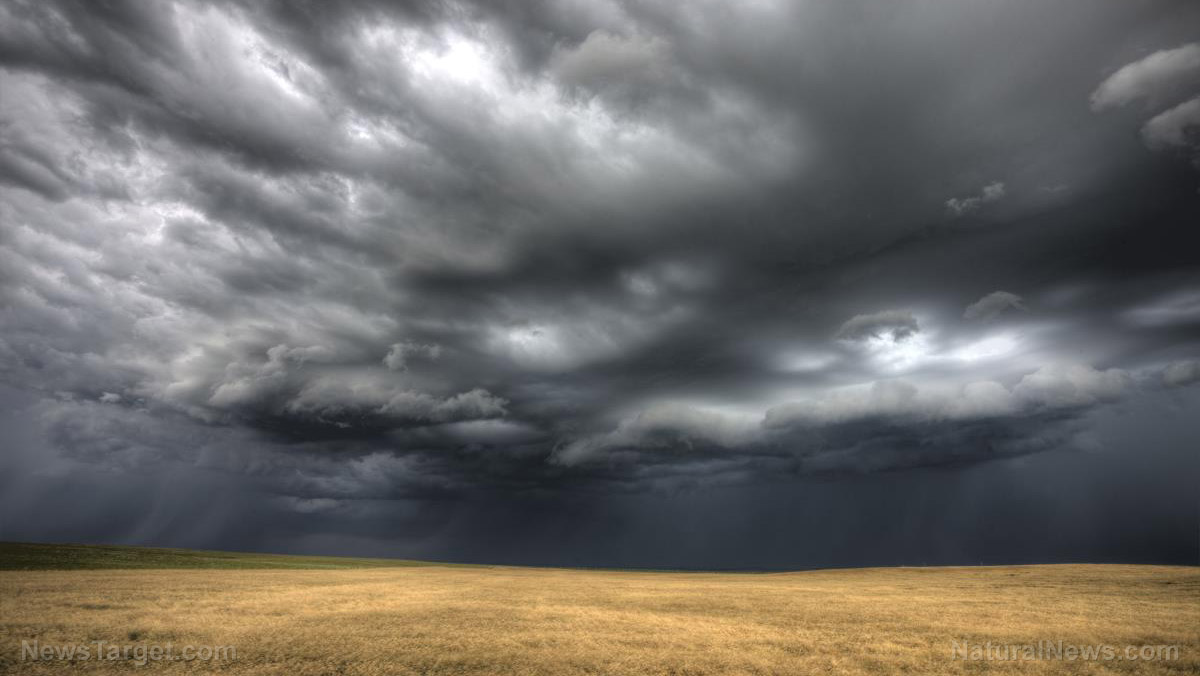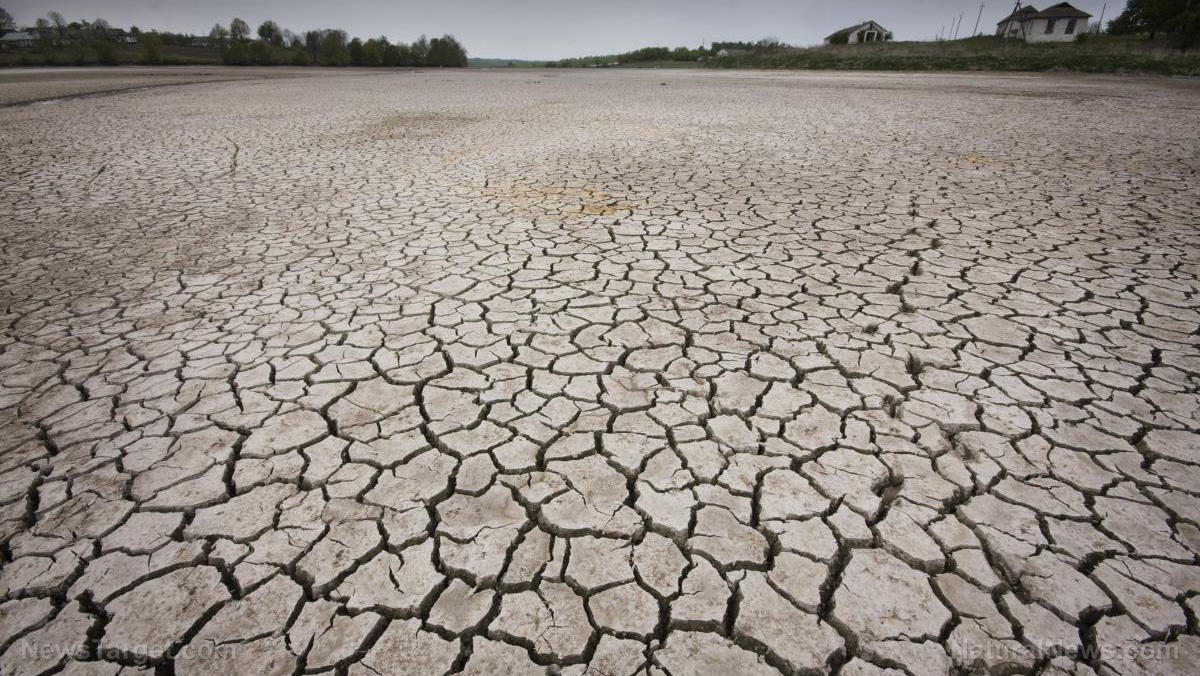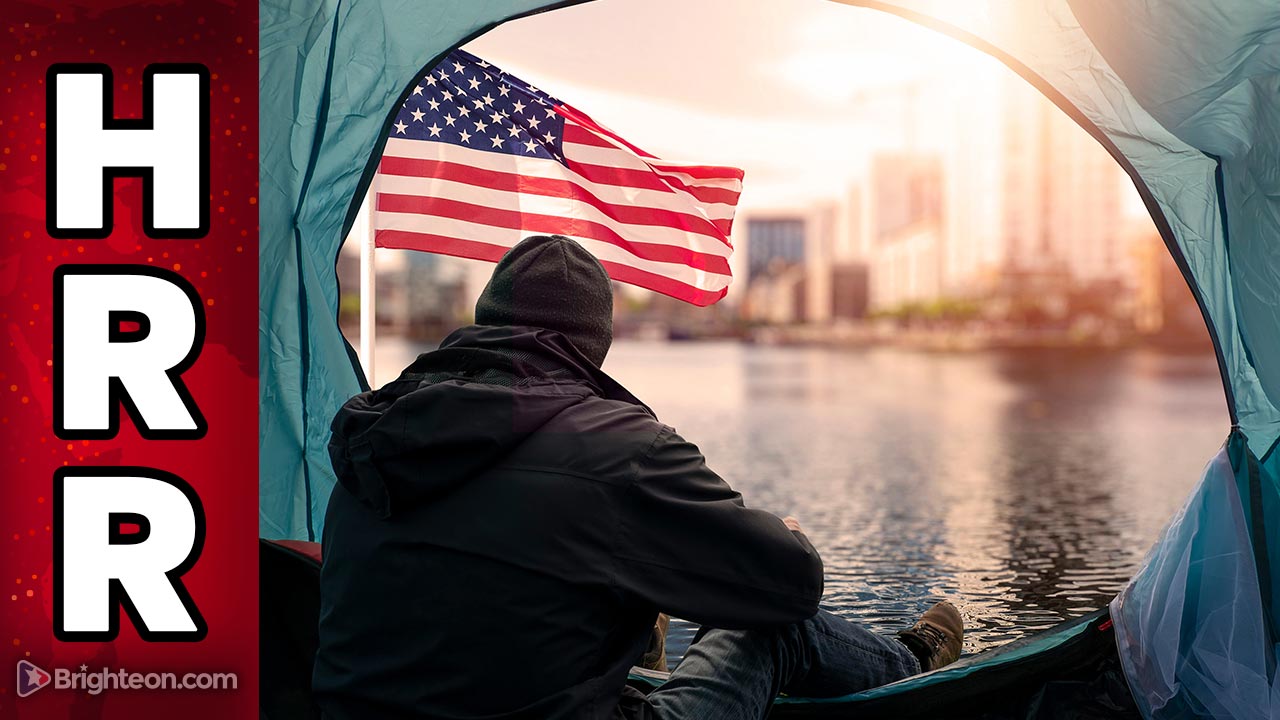Violent fuel shortage protests have begun in Sri Lanka
03/29/2022 / By Ethan Huff
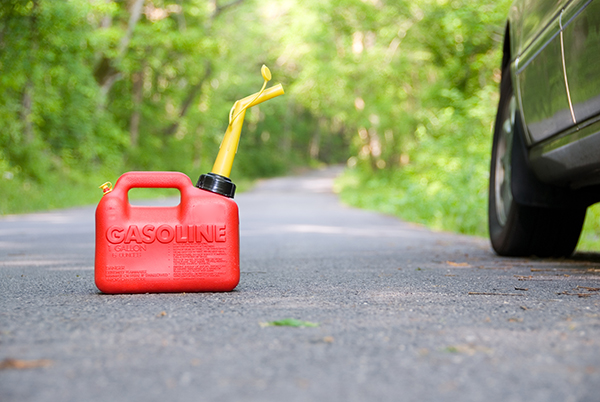
Sri Lanka currently faces its worst economic crisis since the country gained independence in 1948, and its people are making their voices heard about it.
According to reports, violent protests have erupted over skyrocketing prices and shortages of fuel. As citizens wait in long lines for the chance to fill up their cans, some are lashing out at each other and fighting over access to limited supplies.
In just two short days, three men reportedly died in different parts of Sri Lanka while waiting in line for gas, but their deaths were not caused by violence. All three of the men were old, and the length of time they had to wait just to fill up a few cans with gas caused them to collapse.
“The men died before they could be taken to hospitals,” reported Strange Sounds. “The long hours of waiting proved too much for their frail bodies. Many others like them have fainted in queues for fuel and food across the island nation.”
It turns out that Sri Lanka is tied at the hip to both Russia and Ukraine. The invasion greatly damaged Sri Lanka’s trade and tourism ties, and the country’s 22 million people are now paying a huge price for it.
Even before the Wuhan coronavirus (Covid-19) plandemic, Sri Lanka experienced severe supply chain issues because of how much it has to import. The country also sometimes has trouble paying for these imports.
“The riptide from the Ukraine crisis only exacerbated the South Asian country existing gaping deficit,” reports explain.
This is why it’s important to produce as much as you can domestically
In many parts of Sri Lanka, the power gets cut for several hours a day. This is really bad for the people of Sri Lanka, most of whom power their homes with fuel that they can no longer get, or that is no longer affordable.

“Basic necessities have become so scarce, people are lining up for rations of rice, lentils, milk powder and sugar,” reports reveal.
“Amid what the government calls the country’s worst economic crisis since gaining independence in 1948, the island’s people have been facing acute shortages of basics such as food, oil and paper along with soaring inflation, which is at 17.5 percent – among the 11 worst in the world.”
About 10 percent of Sri Lanka’s GDP (gross domestic product) is tourism, which was also badly hit by the plandemic. Russians and Ukrainians are Sri Lanka’s most frequent visitors as well, which is making matters even worse.
“The Russia-Ukraine crisis aggravated the situation for Sri Lanka, but it didn’t create any new problems,” says Asanka Wijesinghe, a research fellow at the Institute of Policy Studies of Sri Lanka.
While Russia and Ukraine together account for only 2 percent of Sri Lanka’s imports, and 2.2 percent of its exports, a whopping 45 percent of the wheat that Sri Lankans consume comes from Russia and Ukraine.
“Both countries are also among Sri Lanka’s top buyers for products like black tea,” reports indicate.
The Ukraine invasion coupled with increasing sanctions will only continue to drive prices to an “unmanageable scale,” Wijesinghe warns.
“And it is not clear how Russia can pay [for exports] with those sanctions in place,” he added.
Sri Lanka also has crippling debt that it owes to international creditors. Estimates put that debt figure at around $7 billion, roughly $4 billion of which has to get repaid in 2022.
There are also import restrictions on 367 items, including essentials such as milk, lentils, and eggs. These items are now considered “non-essential,” which means they can only be sourced by valid license holders, which will drive up prices even further.
More related news coverage can be found at Collapse.news.
Sources include:
Submit a correction >>
Tagged Under:
black tea, chaos, Collapse, economic crisis, fuel, import restrictions, international debt, protests, revolt, riots, scarcity, shortage, soaring inflation, Sri Lanka, supply chain, Ukraine invasion, uprising
This article may contain statements that reflect the opinion of the author
RECENT NEWS & ARTICLES
COPYRIGHT © 2017 COLLAPSE.NEWS
All content posted on this site is protected under Free Speech. Collapse.news is not responsible for content written by contributing authors. The information on this site is provided for educational and entertainment purposes only. It is not intended as a substitute for professional advice of any kind. Collapse.news assumes no responsibility for the use or misuse of this material. All trademarks, registered trademarks and service marks mentioned on this site are the property of their respective owners.

